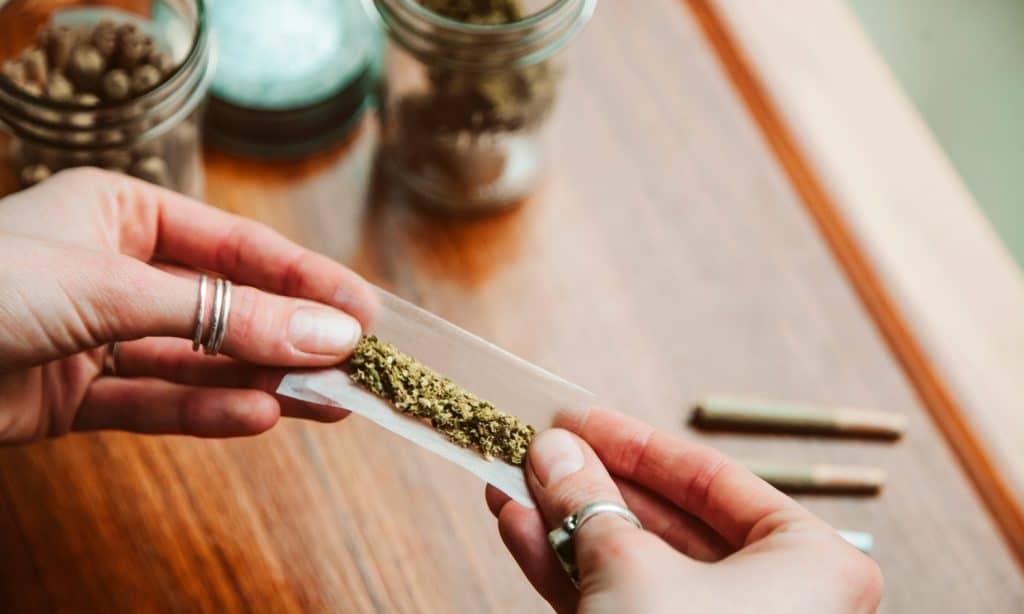MediPharm Labs Inc has initiated a clinical trial to research and evaluate the effectiveness of the company’s cannabis-derived medicines for the treatment of end-stage renal disease or Chronic Kidney Disease (CKD).
Chronic kidney disease involves kidney damage over a long period of time that impacts on the organ’s ability to filter blood, meaning toxic wastes build up in the body. The progressive condition can result in major complications including eventual kidney failure and death.
It’s prevalence is quite shocking – according to Kidney.org, 37 million American adults have CKD and heart disease is the major cause of death for all people with the condition. The main causes of chronic kidney disease are diabetes and high blood pressure. Combined, these are responsible for up to two-thirds of cases.
MediPharm Labs has partnered with Canadian firm OTT Healthcare Inc. for the trial, which will initially investigate dosing and safety profile of cannabinoid formulations, as well as assess pain and Quality of Life scores of patients receiving the medicines – the details of which weren’t revealed in the announcement.
Data gathered from this investigation will then support randomized double-blind clinical trials to establish the safety and efficacy of these products.







